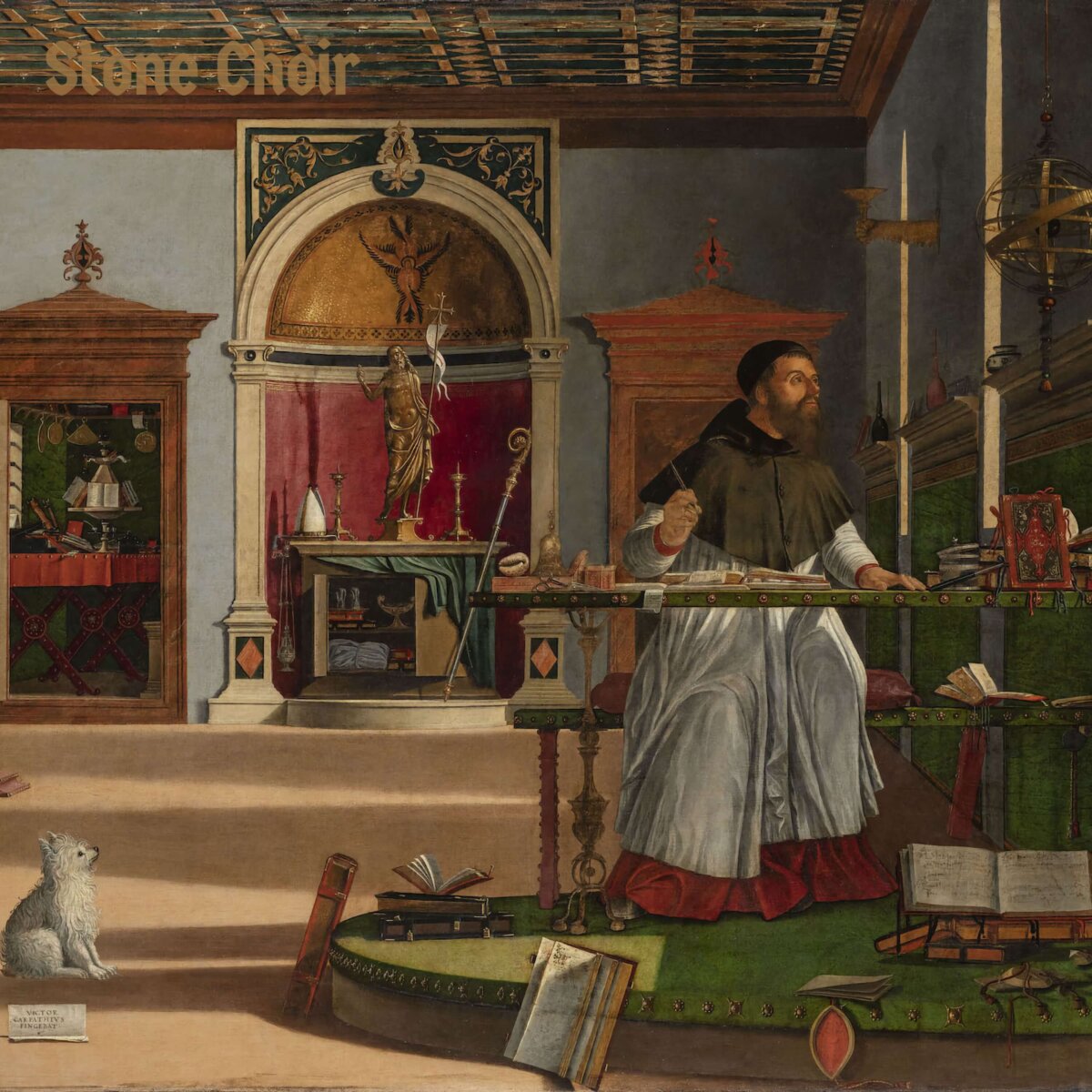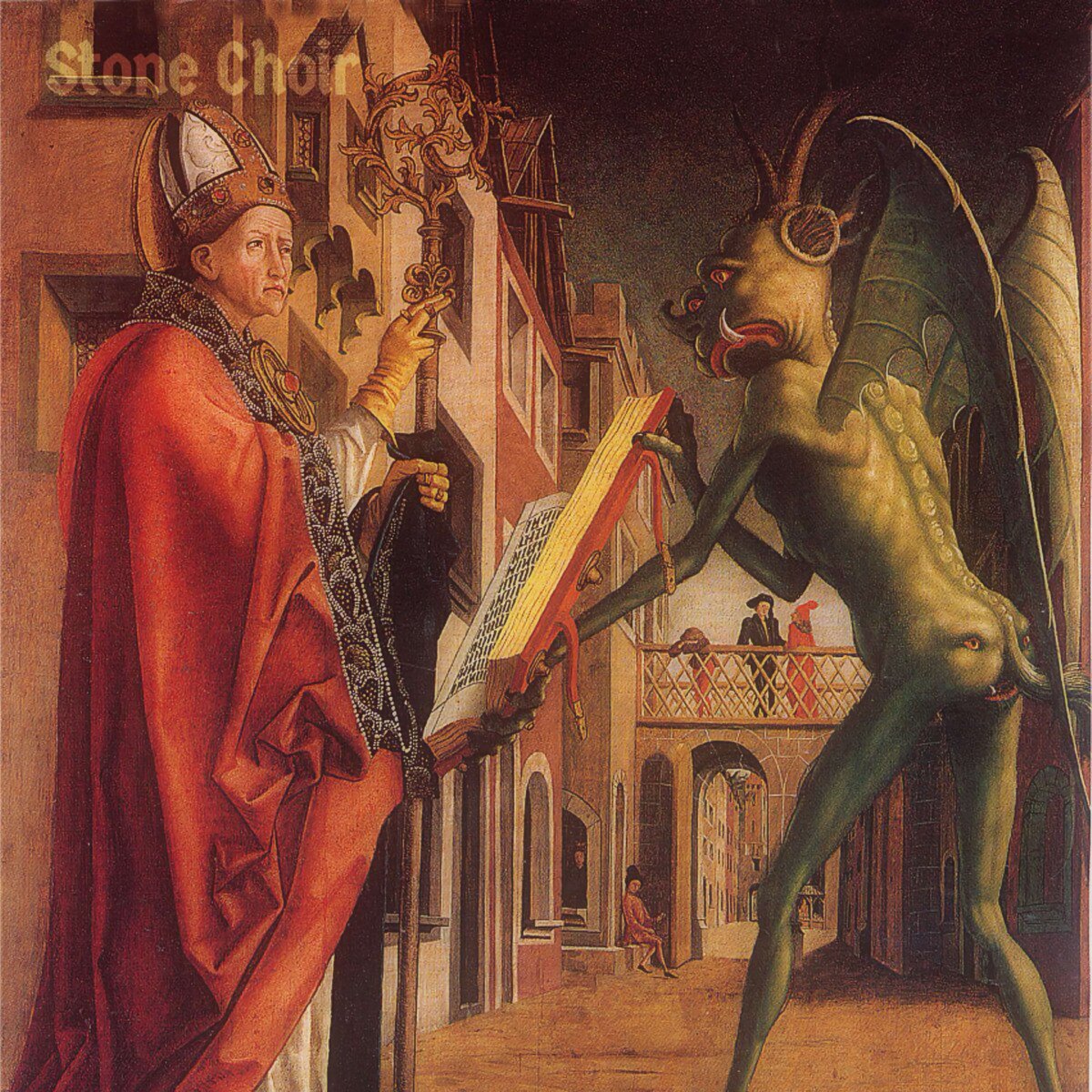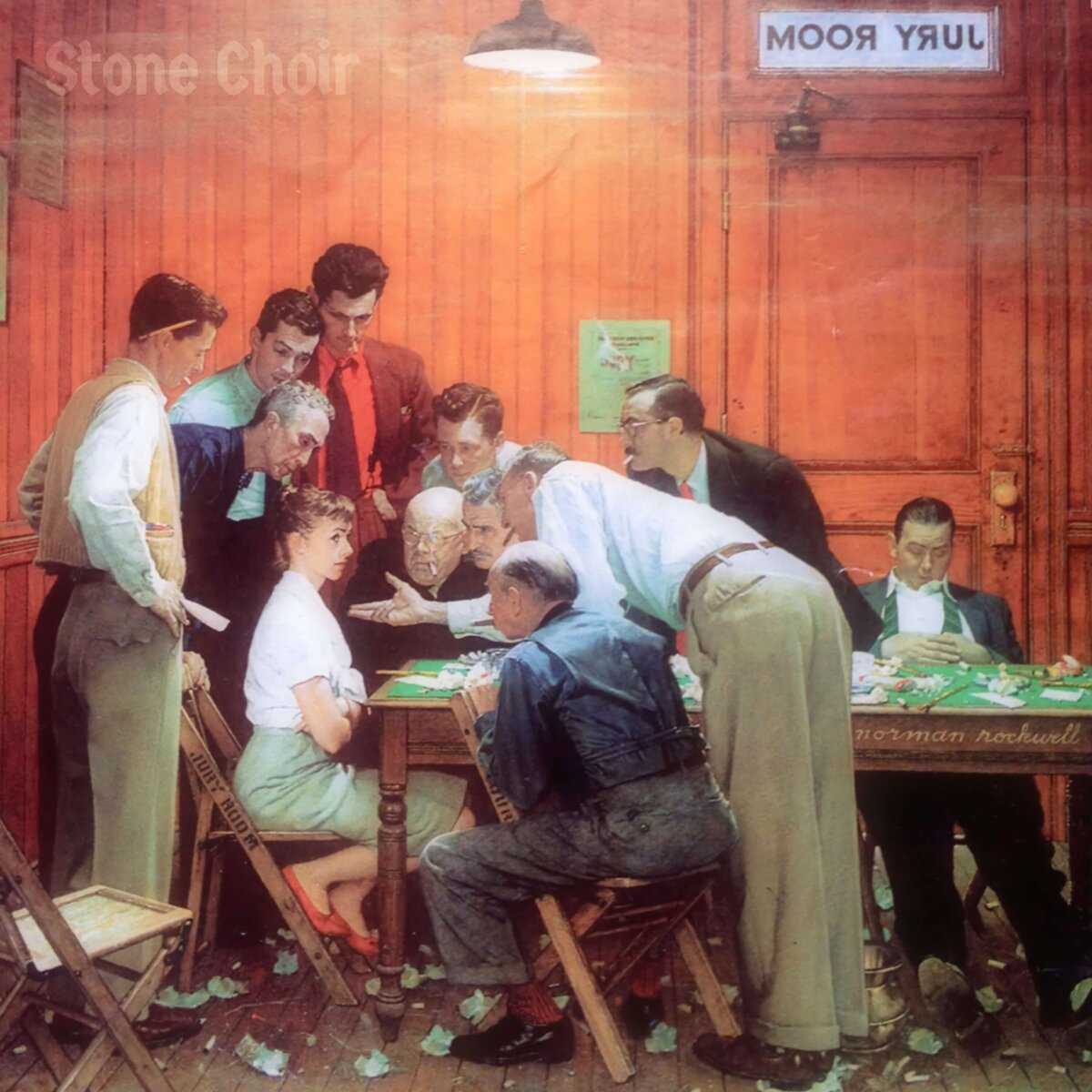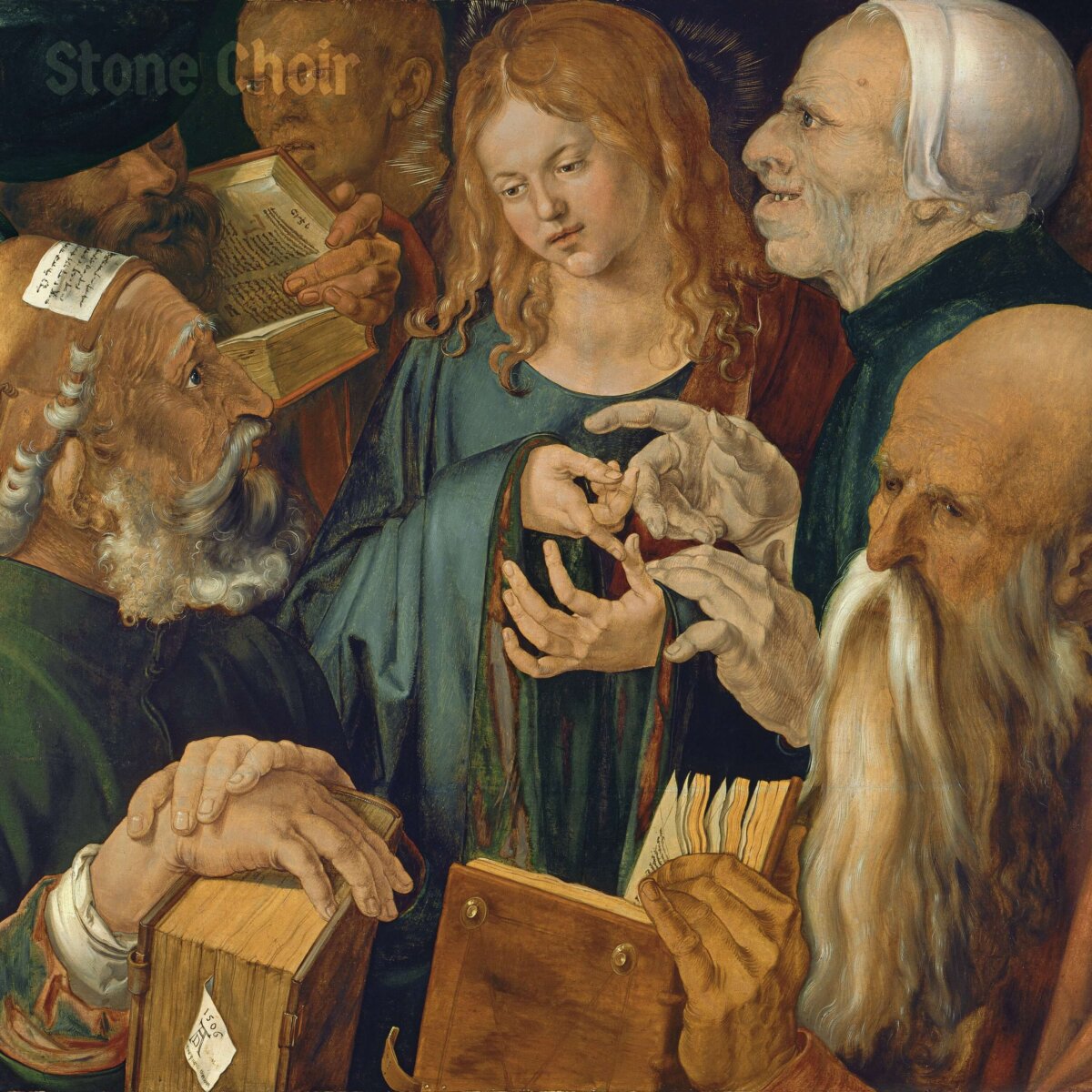Translating Scripture from Greek
Podcast: Play in new window | Download (Duration: 1:59:25 — 227.1MB) | Embed
Subscribe: Apple Podcasts | Spotify | Amazon Music | Youtube Music | More
Hosts

Corey J. Mahler

In this final episode of the Septuagint (LXX) series, we discuss what needs to be done to produce a proper translation of the LXX in English. This a technical episode, but a vital one. There should exist in every language spoken by a Christian nation a definitive version of the Scriptures in that language, and in this episode we provide the structure and the mechanics by which that can be achieved.
This will be a years-long project, and it will have to be undertaken by other men. Until then, we have provided links to a number of existing English translations in the show notes, infra. Any existing version of the LXX in English is certainly better than all of the extant copies based on the rabbinic text.
Show Notes
- English Septuagint Translations:
- Brenton
- Lexham (2nd)
- NETS
- Thomson, Charles
- Archive.org PDF [free]
- Logos [not free]
- The Ancient Christian Study Bible (coming 2027)
See Also
Further Reading
Parental Warnings
None.
Support the Podcast
Comments?
Join the discussion on Telegram, visit the feedback form or comment below.









